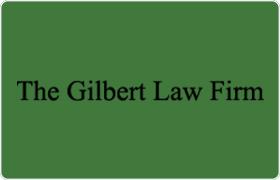Penhook Real Estate Lawyer, Virginia
Sponsored Law Firm
-
 x
x

Click For More Info:
-
The Gilbert Law Firm
310 South Jefferson St Roanoke, VA 24011» view mapReal Estate Law Strong Legal Representation
I approach every case for every client the same - with a strong desire to resolve the case in the best interest of my client.
800-716-3580
Emily Andrew Oliver
Real Estate, Dissolution, Commercial Real Estate, Personal Injury
Status: In Good Standing
 James Gilbert Roanoke, VA
James Gilbert Roanoke, VA Practice AreasExpertise
Practice AreasExpertise
